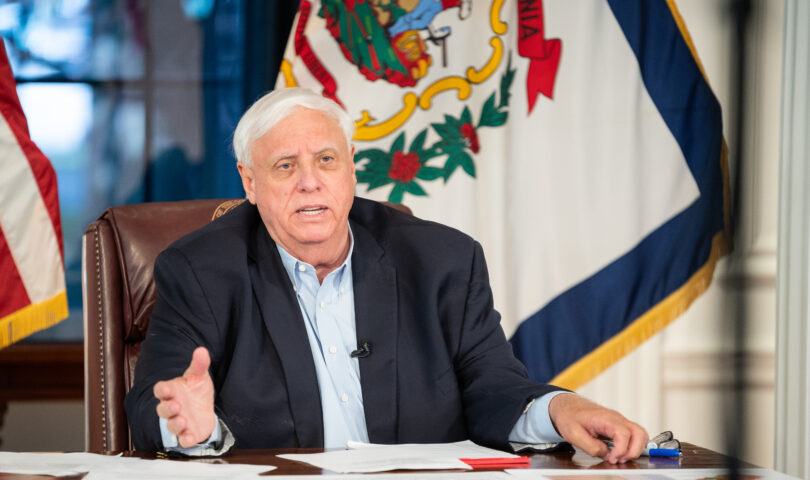MORGANTOWN – Department of Health and Human Resources Secretary Bill Crouch said Thursday that the Save Our Care program to help hospitals and nursing facilities cope with the Delta surge is ready to roll.
Crouch said they’ll be sending out $17 million in the next few days to facilities to help them with surge-related extra costs associated with employing contract nurses, overtime and retention bonuses.
DHHR met with hospital leaders last week, he said, and received all the September numbers on Wednesday that allows them to know how much to provide.
The total Save Our Care – sometimes called Saving Our Care – budget is about $30 million to $35 million and after the October numbers come in they’ll send out another round of checks.
DHHR is trying to maximize federal dollars to help save the state money, he said, but facilities need to be careful not to “double dip” because that could lead to federal clawbacks after audits.
Three hospital leaders joined Thursday’s briefing to offer some praise and thanks for the program.
WVU Medicine President and CEO Albert Wright said, “This current surge has been the most challenging thing I’ve seen in my 25-year career.” Staffing has been especially challenging. He noted that 90% of WVUM employees are vaccinated.
Charleston Area Medical Center CEO Dave Ramsey said, “What you’re doing today with Save Our Care is very meaningful.”
Mountain Health Network CEO Kevin Yingling said Gov. Jim Justice’s work on Save Our Care has been equivalent to what a doctor does: diagnose a problem and prescribe a treatment.
The West Virginia Hospital Association celebrated the news in a press release. “On behalf of the hospitals in West Virginia and the 49,000 employees who have been working tirelessly throughout the pandemic, we thank the governor and his COVID-19 pandemic leadership team, along with policy leaders for taking action today through the Save Our Care initiative,” said WVHA President and CEO Jim Kaufman.
COVID-19 Czar Clay Marsh answered a question about the need for those who’ve had COVID and been vaccinated to get a booster. He said data shows that recovering from COVID and getting vaccinated gives more immunity.
No one knows yet how protected each person is, he said, but given the seriousness of Delta, they recommend a booster whether you’re recovered or not.
Justice and his team noted that the numbers continue to suggest Delta has spiked in West Virginia. Active cases are down to 11,629. Hospital cases have fallen from a peak of 1,012 to 892; ICU cases from 296 to 260; ventilator cases from 195 to 179.
Justice reminded landlords and renters that the Mountaineer Rental Assistance Program is still available for financial assistance for those affected by COVID. The program began in January, he said, and so far has given out $46.9 million in response to 9,739 applications.
Its total budget is $200 million, he said, so there’s money for those who need it. “If you’re having trouble we need to hear from you.”
In non-COVID news, Justice said he will issue the call on Friday for a special session on redistricting and to appropriate some federal dollars to state agencies. The session will begin on Monday, the second day of October interims.
He also noted that the US Bureau of Economic Analysis reported that West Virginia ranked among the top 10 states for GDP growth for the second quarter of 2021, with growth at 7.3% .
TWEET David Beard @dbeardtdp EMAIL dbeard@dominionpost.com





